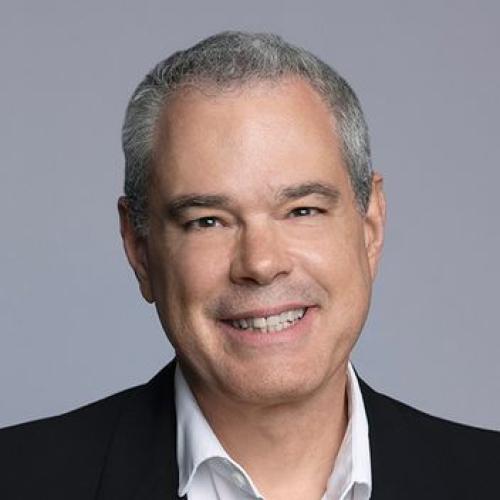Explore practical strategies for scaling AI implementation across clinical development pipelines, enabling faster trial execution, smarter protocol design, and improved patient recruitment while aligning with evolving regulatory expectations.

Explore practical strategies for scaling AI implementation across clinical development pipelines, enabling faster trial execution, smarter protocol design, and improved patient recruitment while aligning with evolving regulatory expectations.



Dr. Raju Pusapati is a biologist and drug discovery scientist with a distinguished 15+ year career spanning top-tier institutions like Genentech, Exelixis, and emerging biotech ventures. Trained at Harvard and Genentech, his expertise lies in translating basic cancer biology—including the discovery of novel signaling pathways and resistance mechanisms—into viable clinical candidates.
As a project leader and biology lead, he has a proven track record of steering oncology programs from target validation and lead identification through to Go/No-Go decisions, with publications in top-tier journals such as Cancer Cell and Nature Chemical Biology. His hands-on experience encompasses the full spectrum of pre-clinical work, including biomarker strategy, PK/PD, and managing complex internal and external collaborations.
In his current role as Vice President of Life Sciences at Solix Technologies, Dr. Pusapati leverages this deep industry background to bridge the gap between biology and technology. He leads the charge in adopting Solix's CDP and Enterprise AI platforms, empowering life sciences companies to unlock data-driven insights and accelerate therapeutic innovation. He brings this unique, dual perspective to the panel “AI and Multi-omics Integration for Enhanced Target Identification and Validation".




David Champagne is a Senior Partner at McKinsey and leads McKinsey’s global Scientific AI practice to help clients in the life sciences industry and beyond drive the next frontier of R&D productivity with AI. The practice covers a broad range of AI capabilities across Biology, Chemistry, Materials and Physics. David brings together teams of scientific experts from McKinsey’s industry practices with deep technology expertise from QuantumBlack, to develop strategies, blueprints and roadmaps for the technology-driven transformation of product discovery and development processes in industries where science is at the core of innovation.

Dr. Melissa (“Mel”) Landon leads Commercial and Business Development for AI and Automation at Millipore Sigma, the Life Science business of Merck KGaA. With 20 years of experience of building cutting edge platforms across pharma and tech, Mel’s current work focuses on scaling intelligent automation and AI solutions that bridge scientific innovation with commercial value. She brings to this role a cross-disciplinary background spanning life sciences, technology partnerships, and enterprise transformation. Prior to joining MilliporeSigma, Melissa served as Chief Strategy Officer at Cyclica, an AI-enabled tech bio company (acquired by Recursion in 2023). Melissa completed her PhD in Bioinformatics at Boston University and performed postdoctoral studies in biochemistry and X-ray crystallography at Brandeis University.


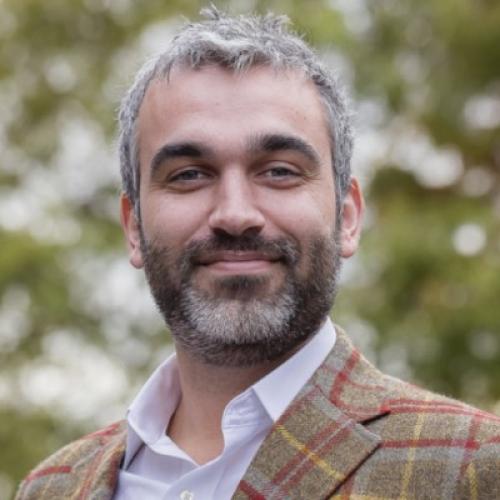
Together with our colleagues, customers and stakeholders, we impact life and health with science. Before researchers can make scientific breakthroughs, they must have access to state-of-the-art tools, services and expertise to perform experiments and engineer new products. That’s where we come in.
We offer one of the broadest portfolios in the industry for scientists, best-in-class products for pharmaceutical development and manufacturing, and a fully integrated service organization to support CDMO and contract testing across traditional and novel modalities.
Our vision is a world where our innovative products, services and digital offerings help create solutions for people globally and a sustainable future for generations to come.
The life science business of Merck KGaA, Darmstadt, Germany, operates as MilliporeSigma in the US and Canada. Merck KGaA, Darmstadt, Germany is a global science and technology company with around 60,000 employees in more than 66 countries.
Demonstrate how AI-driven initiatives - like predictive modelling and automated inspection -translate into measurable outcomes (e.g., defect reduction, shorter batch release cycles) that justify capital investment and cross-functional prioritization.
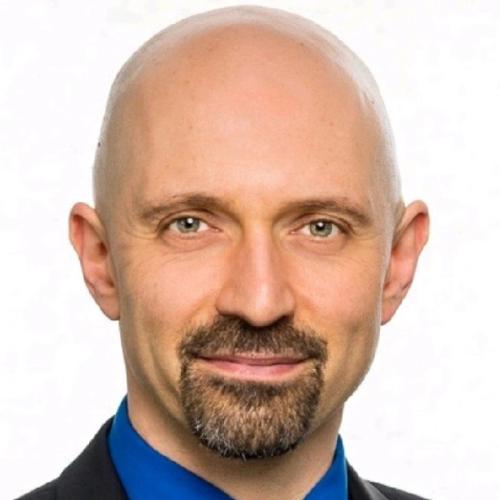
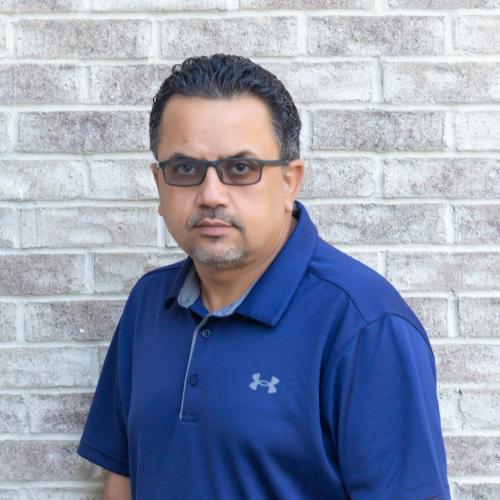
At Salesforce, Hitesh is responsible for the end-to-end architecture of platforms delivered to financial services and insurance clients globally. His focus is on working with key strategic customers to align Salesforce implementations with their business goals, particularly around the conjunction of Data+AI and CRM. This involves collaborating with retail and commercial banking, payments, wealth management, investment banking, insurance, and capital markets to influence product roadmaps and shape the future of technology in these industries. A significant part of Hitesh's role includes facilitating discussions with CTOs, CIOs, CDOs, and Chief Architects to: • Analyze current architectures and design target states. • Optimize Salesforce technologies for customer needs. • Integrate and Interoperate with Salesforce platforms within broader ecosystems. Being the executive sponsors for the customers, I play a key role in influencing product development within Salesforce by advocating for customer-driven innovations.
Hitesh oversees end-to-end platform and solution architecture for global financial services and insurance clients. He specializes in aligning Salesforce solutions with strategic business objectives, particularly at the intersection of Data+AI and CRM. By collaborating with retail and commercial banking, payments, wealth management, investment banking, insurance, and capital markets, Hitesh helps influence product roadmaps and shape the future of technology in these industries.
A key part of his role involves engaging CTOs, CIOs, CDOs, and Chief Architects to analyze current architectures, design target states, and optimize Salesforce within broader ecosystems. As an executive sponsor, Hitesh champions customer-driven innovation, ensuring product development meets evolving industry needs.

Empowers strategic R&D with AI-driven predictive modelling early in discovery, fostering a data-driven culture.


Christopher D. Taylor is Director of Applied Sciences at Promethium (QC Ware Corp.), bringing over 25 years of expertise in density functional theory (DFT). He works with drug discovery teams to bridge AI and quantum chemistry, guiding the deployment of DFT-based rational drug design and descriptor-driven frameworks for drug discovery. Throughout his career, Christopher has used DFT to solve problems once considered unsolvable, and he now highlights how high-quality quantum mechanical data, when used to train AI models, delivers significant gains in accuracy and insight. By translating complex scientific challenges into scalable workflows, he helps accelerate both small molecule and macromolecule design with quantum-level precision.

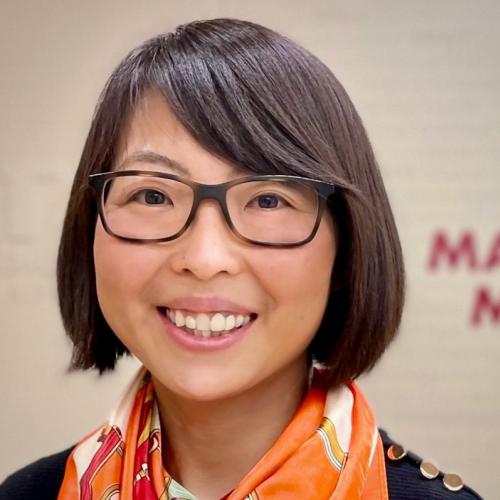
Promethium is a GPU-native, first-principles quantum mechanics (QM) simulation platform developed by QC Ware to accelerate small-molecule drug discovery. Built for both speed and accuracy, Promethium runs up to 100× faster than traditional DFT tools while maintaining quantum-level precision.
Its unique ability to rank-order ligands within 5-25 minutes per compound, delivering FEP-like accuracy, gives medicinal and computational chemists a powerful way to prioritize hits, refine leads, and explore chemical space with unprecedented efficiency. Promethium empowers pharma R&D teams to make faster, more confident decisions in lead optimization and beyond.
• Explore how AI models decode complex disease biology by identifying pathological features, mapping dysregulated pathways, and pinpointing high-confidence drug targets at a systems level.
• Learn how foundational and generative models accelerate de novo therapeutic discovery by predicting target–disease associations and streamlining early development decisions.


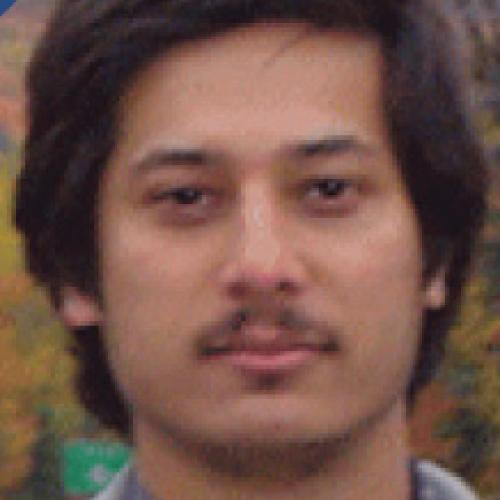
BenchSci is a world leader in AI software for biopharma research and development on a mission to exponentially increase the speed and quality of life-saving R&D to help bring new medicines to patients faster. We apply AI to understand how disease biology works throughout the drug discovery pipeline to solve the number one reason drug discovery projects fail—getting the biology wrong. Our platform, ASCEND, acts as a scalable AI assistant for preclinical organizations, increasing the productivity of the preclinical R&D pipeline across therapeutic areas. Backed by top-tier investors, including Generation Investment Management, iNovia Capital, TCV, F-Prime, Gradient Ventures (Google’s AI fund), and Golden Ventures, BenchSci has raised over $200 million. Our platform accelerates science at 16 top-20 pharmaceutical companies and over 4,500 leading research centers worldwide. For more information about BenchSci, visit www.benchsci.com.
